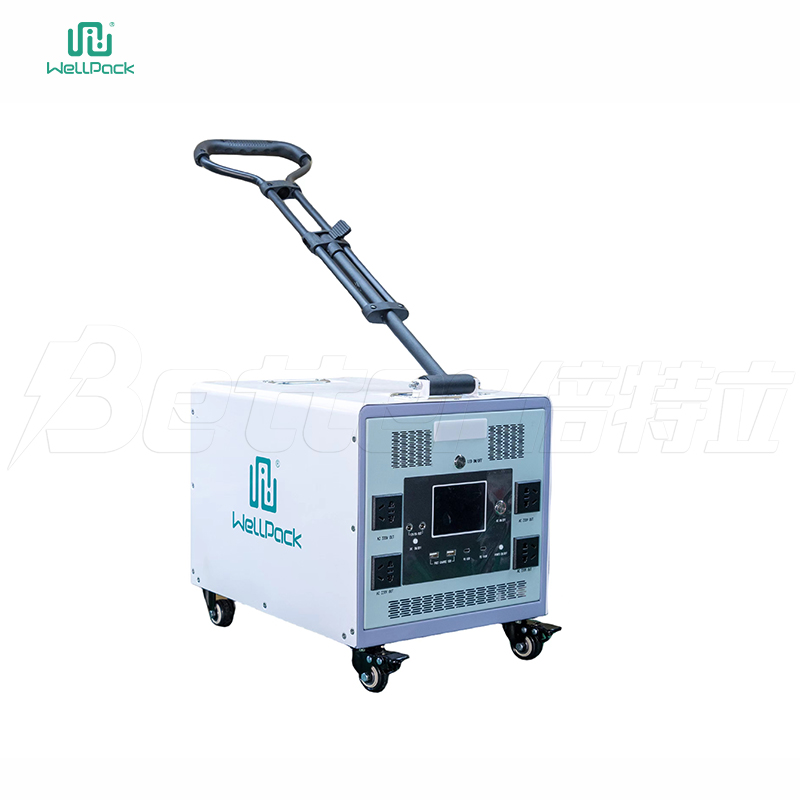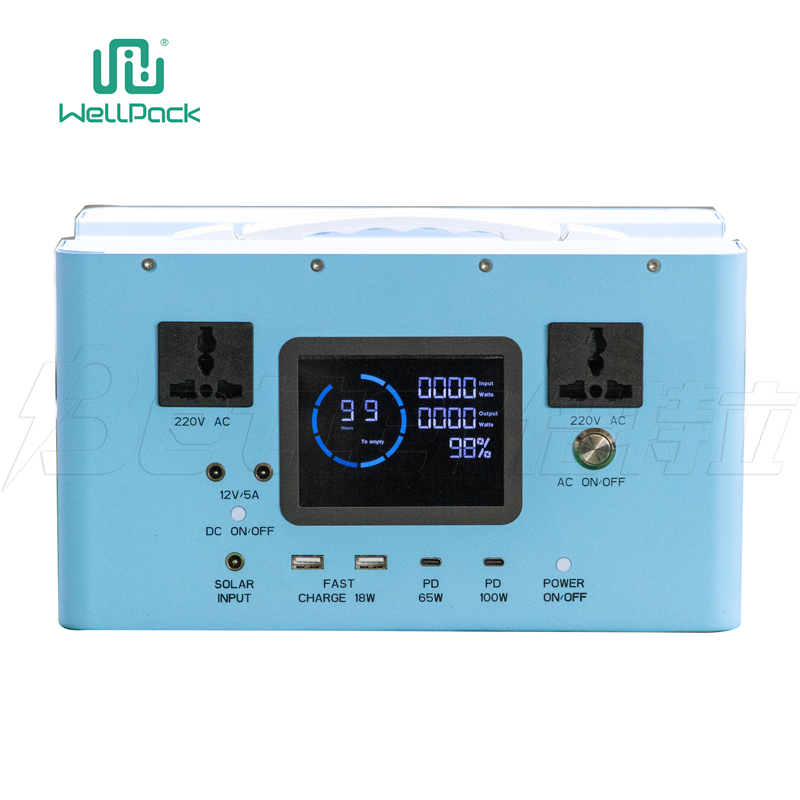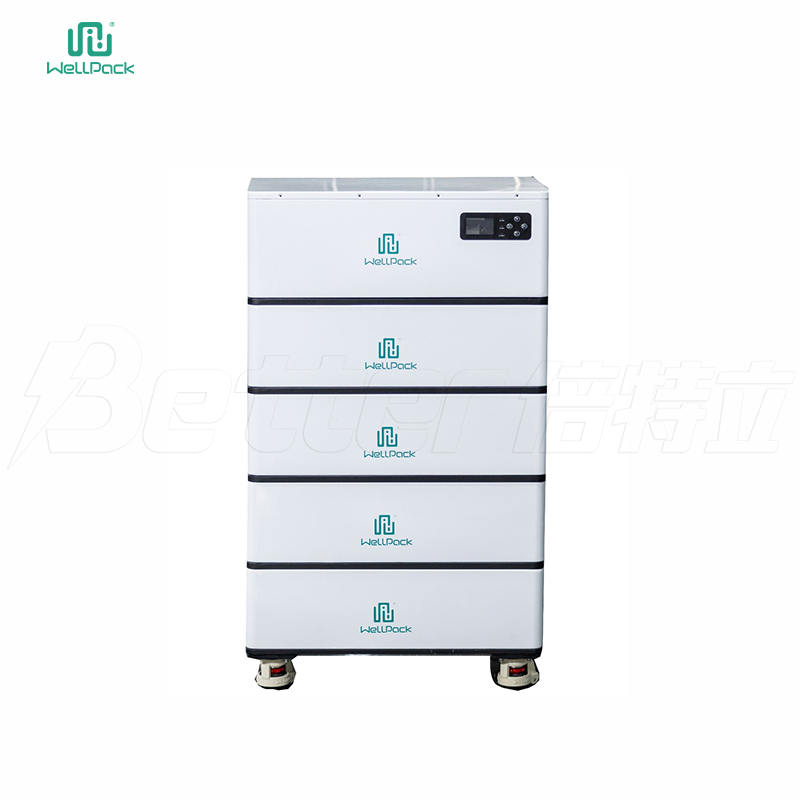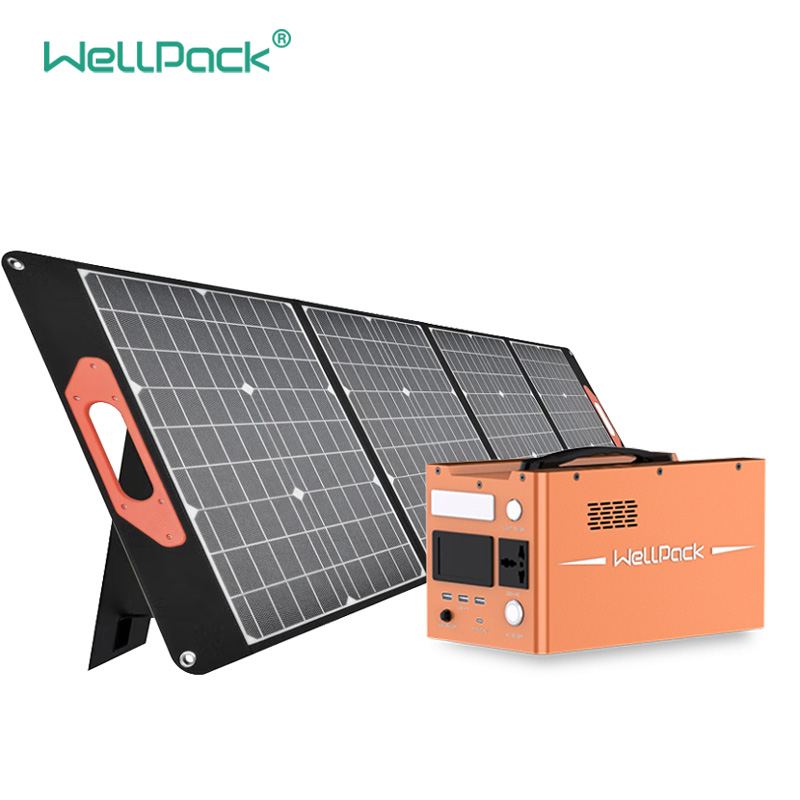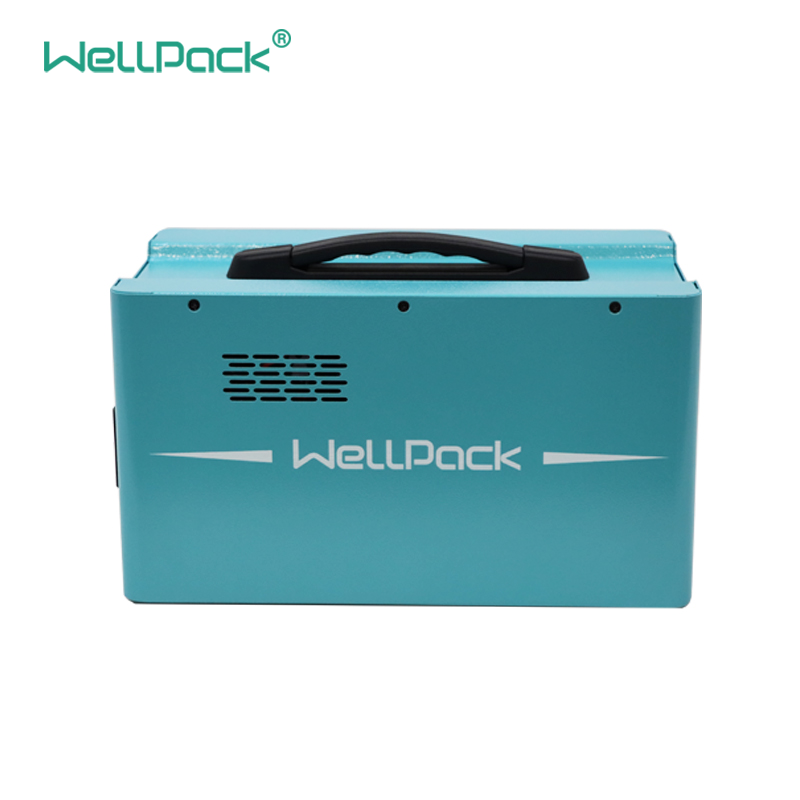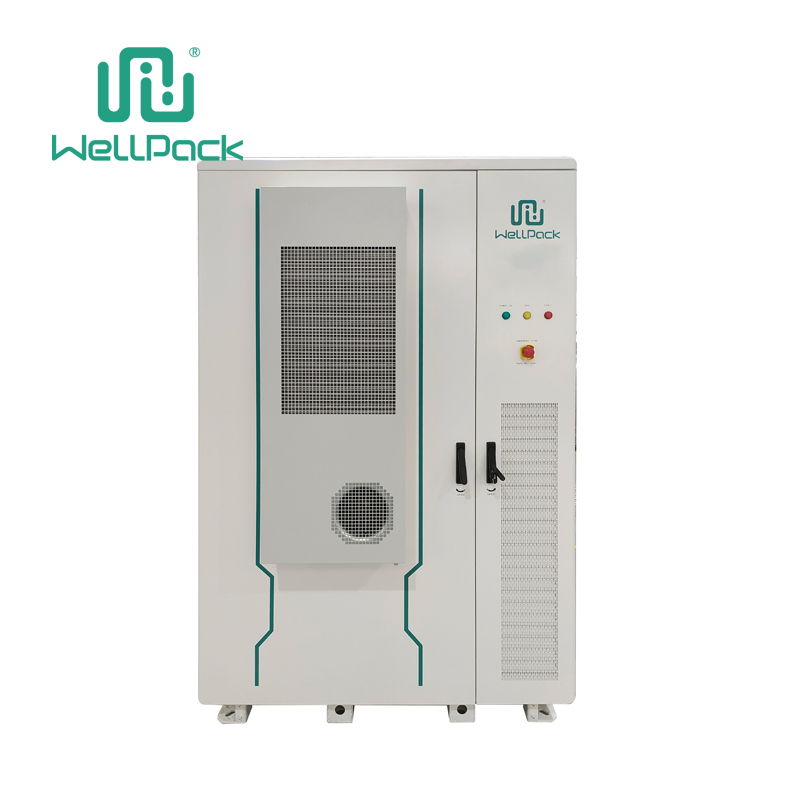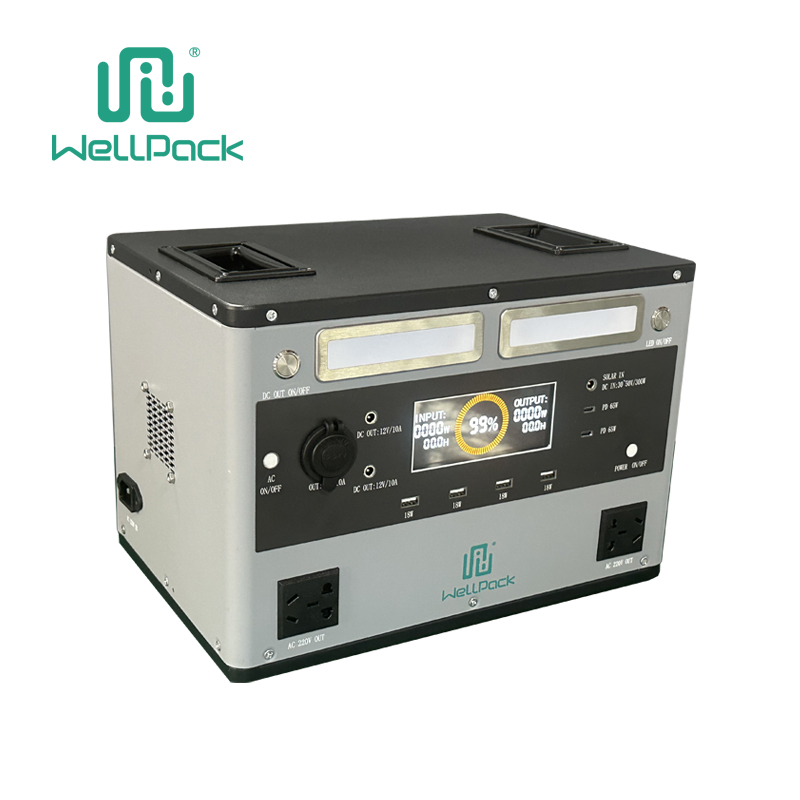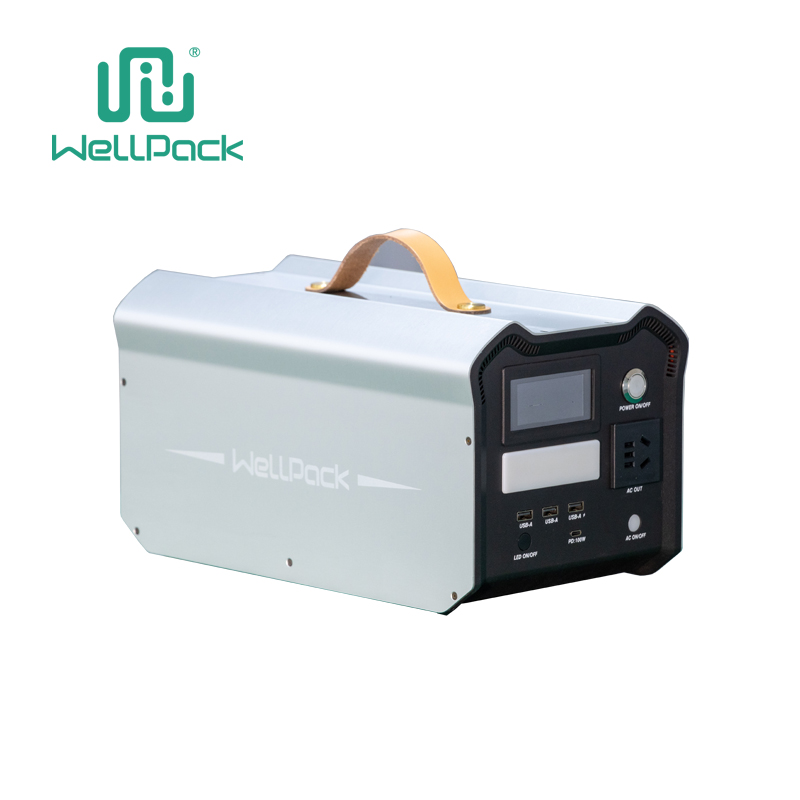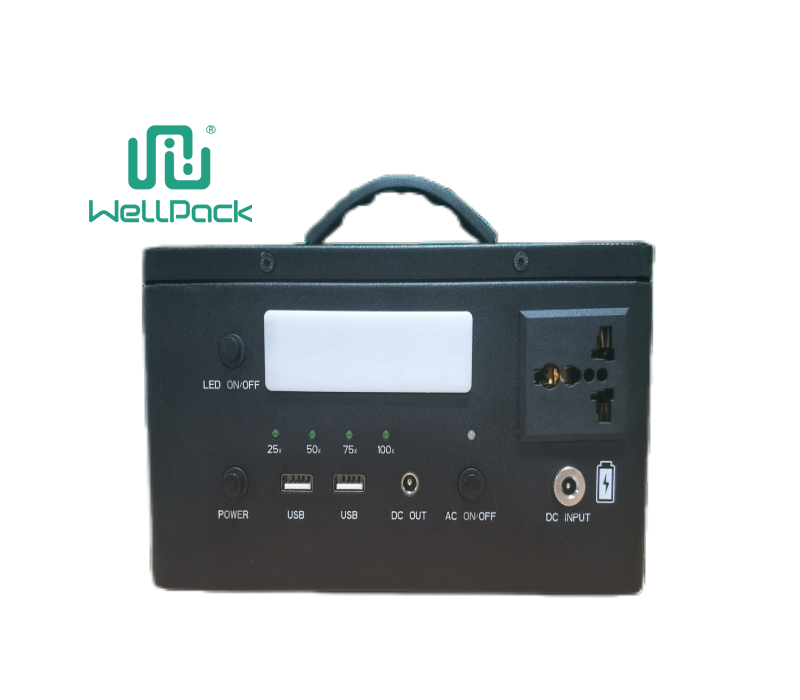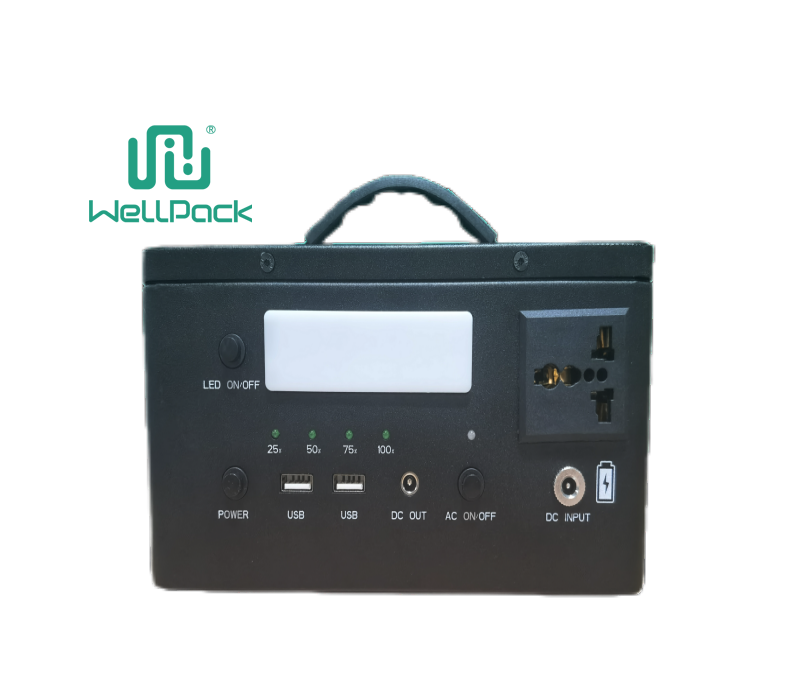Home energy storage systems are devices that store excess electricity from the grid or renewable sources for later use. They can help homeowners save money, reduce their carbon footprint, and increase their energy independence. However, the performance of home energy storage systems can be affected by climate and weather conditions. Here are some of the impacts and how to mitigate them.
Temperature
Temperature is one of the most important factors that affect the performance of home energy storage systems, especially batteries. High or low temperatures can reduce the capacity, efficiency, and lifespan of batteries. For example, according to the World Economic Forum, lithium-ion batteries can lose up to 40% of their capacity at temperatures above 40°C or below 0°C.
To prevent temperature-related performance degradation, homeowners should install their home energy storage systems in a well-ventilated and insulated location that can maintain a stable and moderate temperature range. They should also monitor the temperature of their systems regularly and adjust the settings or modes accordingly.
Humidity
Humidity is another factor that can affect the performance of home energy storage systems, especially thermal and mechanical energy storage systems. High humidity can cause corrosion, leakage, or condensation in the components or parts of these systems, which can reduce their efficiency and durability. For example, according to the Department of Energy, pumped hydro energy storage systems can lose up to 10% of their efficiency due to evaporation losses.
To prevent humidity-related performance degradation, homeowners should install their home energy storage systems in a dry and sealed location that can prevent moisture intrusion or accumulation. They should also check and clean their systems regularly and replace any damaged or worn parts.
Demand
Demand is another factor that can affect the performance of home energy storage systems, especially during extreme weather events. Extreme weather events such as heat waves, cold snaps, storms, or droughts can increase the demand for electricity for cooling or heating purposes, which can strain the grid and cause power outages or price spikes. For example, according to the World Economic Forum, energy for cooling can have a major impact on peak periods of electricity demand, intensifying the stress on the system.
To prevent demand-related performance degradation, homeowners should optimize their charging and discharging patterns of their home energy storage systems based on their preferences and real-time data. They should charge their systems when the electricity prices are low or when they have excess solar or wind power. They should discharge their systems when the electricity prices are high or when they need backup power during a blackout. They should also avoid overcharging or overdischarging their systems, as this can reduce their lifespan and efficiency.
Conclusion
Home energy storage systems are a great way to store excess electricity from the grid or renewable sources for later use. They can help homeowners save money, reduce their carbon footprint, and increase their energy independence. However, the performance of home energy storage systems can be affected by climate and weather conditions. By following these tips, homeowners can mitigate these impacts and ensure their systems are working at their best.

